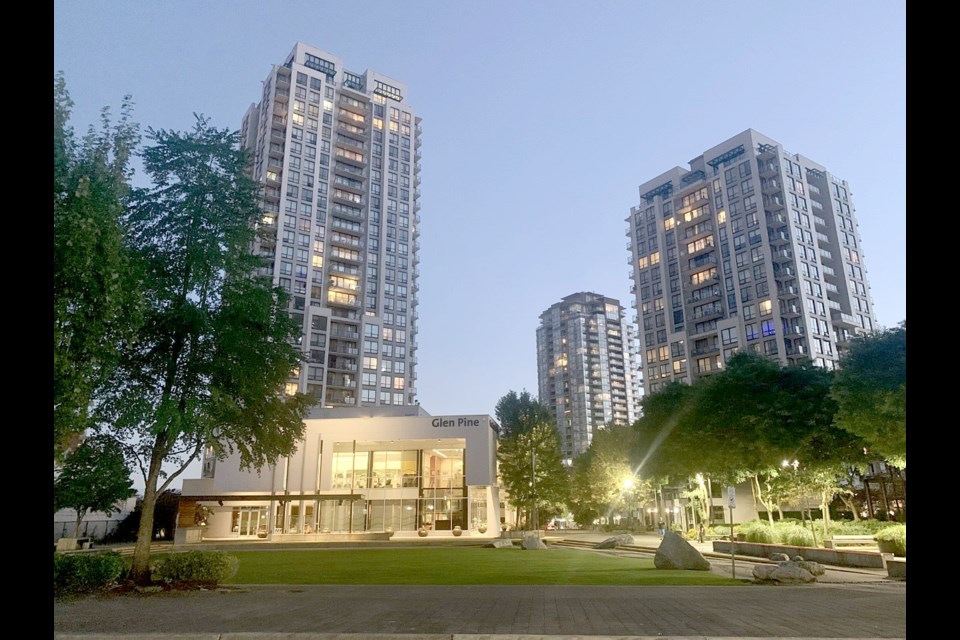Coquitlam city staff say they’ll be watching Metro Vancouver as the agency rolls out its Metro 2050 blueprint for the region and furthers its grip on local growth.
Last month, the regional board considered the updated Regional Growth Strategy that readies Metro Vancouver jurisdictions for another one million people by 2050.
Coquitlam council OK’d the strategy update on June 13 "with reticence," Mayor Richard Stewart said, noting the city’s ongoing concerns with Metro’s scope.
This spring, Metro’s member municipalities were asked for input on the draft plan, which replaces Metro Vancouver 2040.
But both Surrey and Langley Township rejected the new version and, as a result, B.C.’s ministry of municipal affairs will begin a dispute resolution process to hear their concerns about the plan before it's officially adopted by the Metro Vancouver board.
In the Tri-Cities, Port Coquitlam council OK’d Metro 2050 on June 21, while Port Moody approved it June 14, Anmore on May 17 and Belcarra on June 22.
Specifically, Coquitlam voiced concern about Metro 2050 on the following fronts:
- lack of measures to more directly support new jobs in urban centres outside of downtown Vancouver
- population targets for Coquitlam, and the supports and flexibility needed to meet the expectations
- goals for affordable rental housing and tree canopies that “are aspirational and may be unrealistic”
- policies to increase housing that may work against provincial targets
- “overly prescriptive” actions that don’t jive with municipal visions for land use
“Overall, the Metro 2050 update represents an expansion of Metro Vancouver Regional District’s role in the region and increased planning and reporting requirements for member jurisdictions,” Don Luymes, Coquitlam’s general manager of planning and development, wrote in his report to city council.
Still, “Staff is of the opinion that, if Metro 2050 is adopted, it would not significantly impinge on the City of Coquitlam’s jurisdiction, decision-making or operations.”
Coun. Brent Asmundson was the only Coquitlam council member to oppose the draft document, saying Metro Vancouver staff failed to answer the city’s questions in full during the input period.
He also accused the regional authority of being “tone deaf.”
“I don’t think we’re alone in our concerns,” Coun. Dennis Marsden added, noting Metro 2050 is too Vancouver-centric and has too many short-comings.
But Coun. Teri Towner said she has “faith” in the updated strategy and endorses it “in the spirit of regional consensus” for future planning around Metro.
What is Metro 2050?
Metro 2050 is a visionary document to prepare the region, including the Tri-Cities, for 35,000 more residents a year until 2050, to 3.8 million people.
The uptick requires 500,000 more housing units and about 500,000 more jobs.
It also addresses future transit, ecological and agricultural lands, climate change and industrial lands, and builds on relationships with First Nations communities.
For the Tri-Cities, or “Northeast” in the document, Metro Vancouver is calling for:
- 396,500 more residents by 2050
- 165,700 more homes by 2050
- 148,200 more jobs by 2050
To read more about Metro 2050, visit its page on Metro Vancouver's website.





